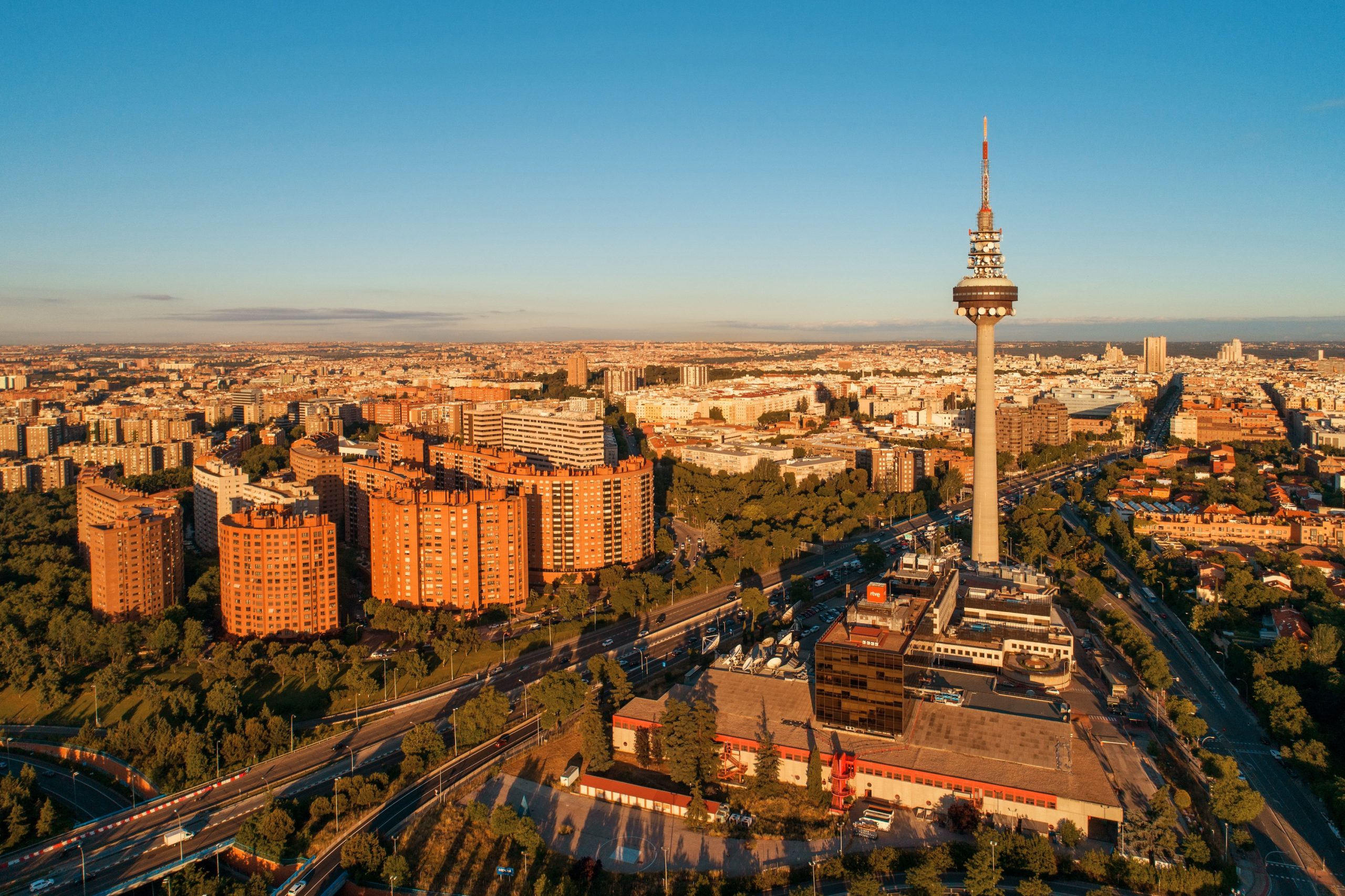The Spanish public news agency, EFE, has signed a partnership with Mexican national broadcaster, SPR, to tackle misinformation collaboratively.
Spain’s publicly owned news agency, EFE, has struck a deal with Mexico’s public broadcaster, as it signals its desire to become more active in combatting fake news in Latin America.
On 5 April, the presidents of both organisations signed the collaboration agreement. “Alliances like this make us stronger to fight against fake news and to safeguard citizens’ right to truthful and quality information,” EFE’s President, Gabriela Cañas, told La Prensa Latina.
Ms. Cañas was made EFE’s President in May 2020, and during her address in front of Congress, stated that a priority of hers would be strengthening EFE’s international reach. Since then, she has often spoken about the importance of verified and accurate information in an era of mis- and disinformation.
Media literacy amongst younger generations, she argued, would be critical, “to ensure that young people consume real news, so that they are better informed and know how to detect deception.” In October last year, she said the media needed to be “relentless” against fake news on social media.
Read more: New head of Chile media regulator pushes for more public media
The solution, she claimed, is for the media “to be precise, careful, and prudent with what we publish.” With this motivation, there have been moves for EFE to strengthen its position in Latin America, and work with national organisations to help spread this doctrine, and tackle mis- and disinformation across the region. While on a recent trip to Colombia, Ms. Cañas affirmed that Latin America was “fundamental” to the agency’s strategy.
‘Information pollution’ across Latin America
Upon signing the agreement with EFE, SPR’s President, Jenaro Villamil, said the news agency was the best placed organisation to undertake this work. “EFE is the most important Spanish-speaking agency in the world,” he said. “I believe that this alliance will also help the system and we hope that the agency will benefit from what we can offer in television, radio and expertise services.”
A recent report, undertaken by the United Nations Development Programme and Constella Intelligence, found Latin America and the Caribbean (LAC) has experienced ‘information pollution’ because of the pandemic. The report described ‘information pollution’ as “an excess of information, including false or misleading information … causing confusion and undermining public health responses. [This is] taking place online, across social media platforms, messaging apps, forums, blogs and news websites.”
This was not isolated to LAC – ‘information pollution’ was, and still is, a globally shared experience. But the report stipulated that “certain factors make populations more vulnerable to information pollution,” which could be observed in many LAC countries. One of the factors it described was the “lack of quality, independent, pluralistic journalism and media, and shrinking national/local media sector, [and] low media and internet literacy levels.”
Low levels of trust in Latin American media were demonstrated in Reuters Institute’s Digital News Report 2021. The global average for trust in the media was 44 percent, but in the six Latin American countries surveyed, it averaged just 40.5 percent. There was also a higher level of usage of messaging apps such as WhatsApp across the Global South, which is blamed for high levels of misinformation being spread.
The media sector across the region is also highly concentrated – an issue Chile’s new National Council for Television President, Faride Zerán, has sought to address.
EFE looking to make inroads

It is within this context that EFE is looking to increase its own activities in Latin America and help rebuild trust with audiences and combat the spread of fake news.
The agreement between the news agency and the state broadcaster, SPR, will include “promoting media literacy for audiences of the public broadcasting service and users of digital platforms.” There will also be room of innovation, as it also promises the “design and implementation of information and news models or projects aimed at combating fake news, disinformation and infodemic.”
As SwissInfo reported, this is not the first project EFE has undertaken to tackle fake news in Latin America. The news agency created a fact-checking service – EFEVerifica – in 2019, which offers training to Latin American journalists.
The organisation also launched EFE Comunica in 2020, which is specific news content generated around business and economic activity. Ms. Cañas was recently in Bogotá, where she spoke about how “One of the things we want to reinforce is economic information.” While in Colombia, EFE’s President also signed an agreement with the Gabo Foundation for Journalism and the Universidad del Norte, which will see the EFE School in America launched.
EFE has also committed to working alongside Spanish national broadcaster, RTVE, to improve its international offering. The media organisation’s international channel is being remodelled. This will also be in collaboration with Latin American countries.
La presidenta de Efe, Gabriela Cañas, anunció en Bogotá el valor que tiene para la sociedad el tejido productivo de un país, razón por la cual la agencia está apostando por reforzar la información del sector económico y empresarial. https://t.co/sJhpR35lbl
— EFE Noticias (@EFEnoticias) April 8, 2022
Tackling mis- and disinformation requires a multi-stakeholder approach, of which a strong and trusted public media organisation is a prerequisite. EFE’s steps to establish a collaborative and integrated effort from public media organisations across Latin America is a progressive approach to addressing this. A bolstered fact-checking initiative, driven by an independent news agency, will assist national broadcasters – and RTVE’s own revamped international channel – to provide trusted news and information to Latin American audiences.
Header Image: Mexico City, where Notimex and Canal Once (Canal 11) have their headquarters. Credit: Kasper Christensen/Creative Commons
Related Posts
31st March 2022
New head of Chile media regulator pushes for more public media
The incoming president of Chile’s media…
22nd November 2021
Insight: Why Brazil’s public media must remain public
As Brazil's government looks to sell…
29th January 2021
Spain: RTVE management issues remain unresolved amid financial concerns
Three years after Congress approved a…


